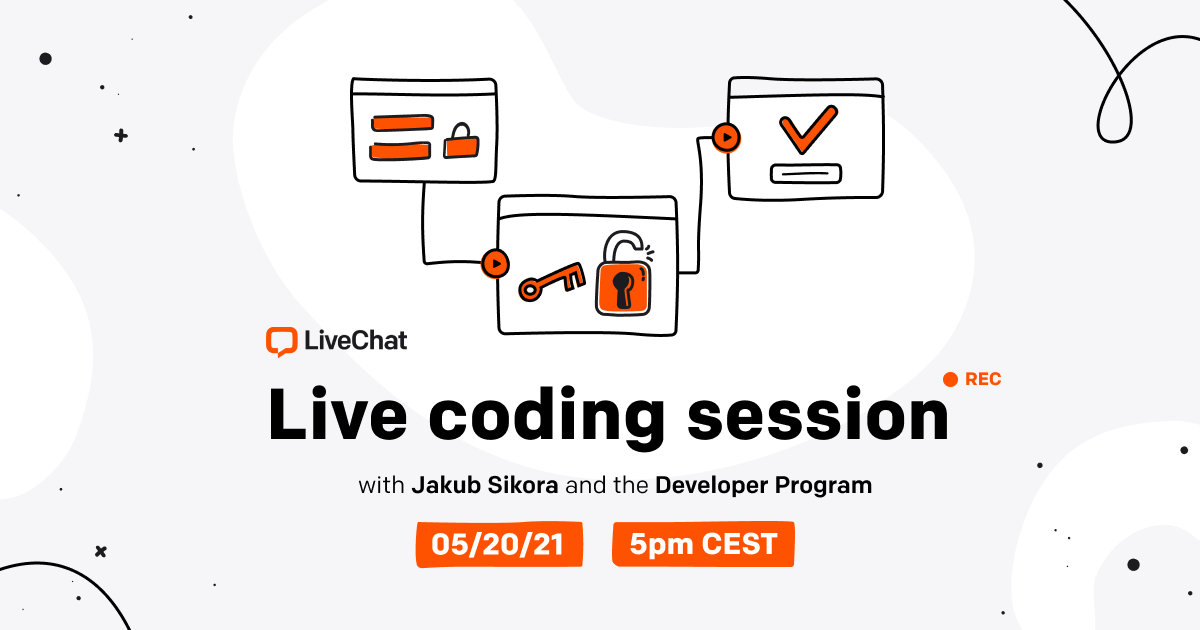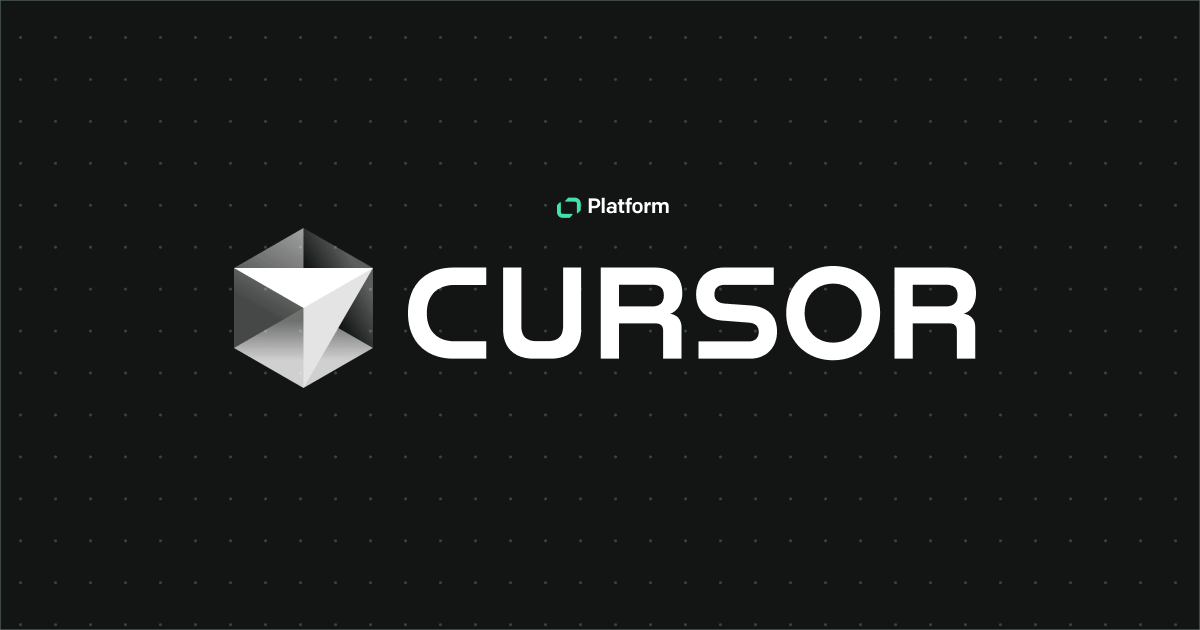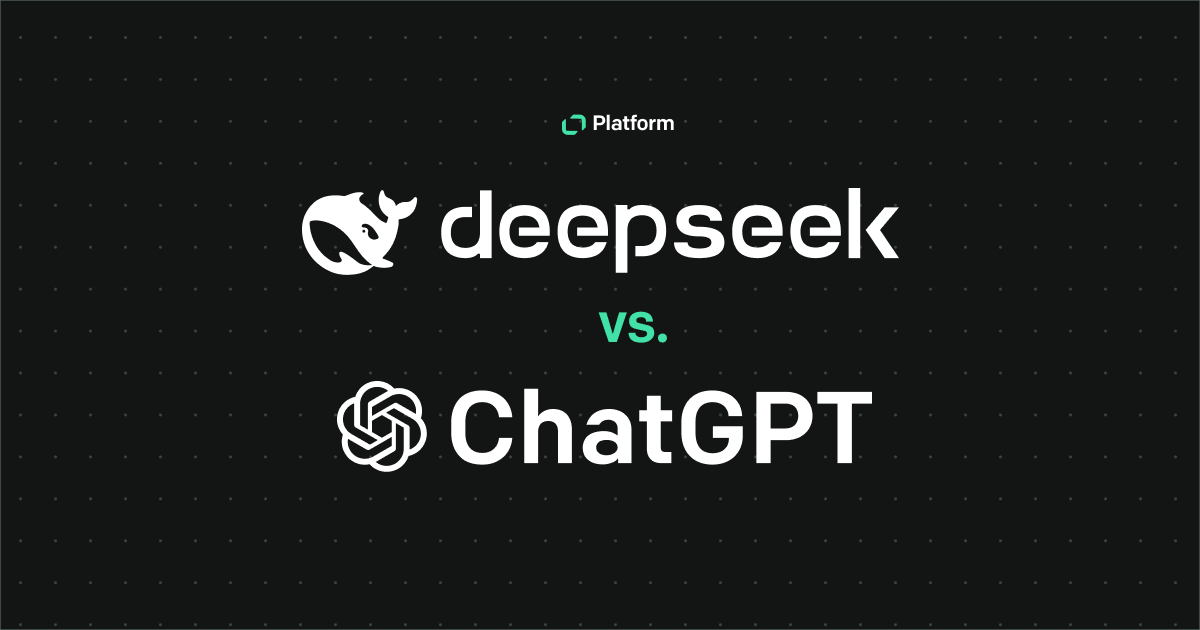Hopefully, just like us, you’re counting down the days until May 20, which is when our live coding session will take place. To take the edge off the rising impatience, we’d like to share with you some more details about the upcoming event.

This session will be our third event of this type! If that’s a surprise to you, you might want to check out the previous sessions before the big day. Both of the recordings are available on our YouTube channel – here you can find a video for the first session, while the second one is available under the following link. During the past live codings, we’ve covered web app authorization flows, and if that’s a topic of interest for you, feel invited to check out the videos.
At our third live coding, we won’t carry on with the app we worked on during our previous sessions. Together with our host, Jakub, we’ll be creating an entirely new application that makes use of a modified Authorization code grant, with the addition of our Agent Chat API. Authorization code grant is a flow used in server-side applications, commonly known as backend apps. You might use this authorization flow to make an automation app of sorts, for example, using webhooks, which we’ll also practice during our session. We’ll build our application with Node.js, and the functionality we’ll implement is to automatically close chats from users who anonymize their data. We’ll also give away 3 prizes for developers who complete our coding task!
Authorization code grant proves to be most useful with apps working in the backend. You can implement this flow in webhook applications, but you’ll also find it necessary for apps that connect with external channels. Here are some examples, also from our app ideas, where you’d implement the Authorization code grant flow:
Detect customer's emotions during the chat
To complete this integration, you’ll need to register webhooks and process chat messages on your server. After that, you can save the chat in your database and display the detected tone of voice in the UI.
Automatic chat tagging
For automatic chat tagging, you’ll also have to use webhooks. Based on incoming messages, tag the chat. This could be either a real-time integration adding relevant tags on the go, but you can also customize the flow to add the tags only after the chat has ended.
Integrations with external channels, for example Microsoft Teams integration
Using the Authorization code grant flow makes it possible to integrate LiveChat with external channels. Building this integration will allow you to forward messages from the chat right to MS Teams, making the communication smoother on both ends of the conversation.
What doesn’t change throughout our live coding events is the host - Jakub Sikora, lead frontend developer in the LiveChat Developer Program. Besides hosting the sessions, Jakub holds weekly workshops for his team, unravelling secrets of the frontend world. Jakub has also published applications on the LiveChat Marketplace with great success in the number of installations. The upcoming live coding session will be one of a kind opportunity to ask for any tips or questions on app publishing!
No matter if you’re an experienced developer or just beginning your coding journey, during our session, you’ll surely get insightful tips on using the authorization APIs and grasp their overall concept. If you missed the date by any chance, add the live coding event to your calendar and get ready for May 20, 5pm CEST.
Save your seat💡 Get ahead of the session and learn more about LiveChat webhooks >>


